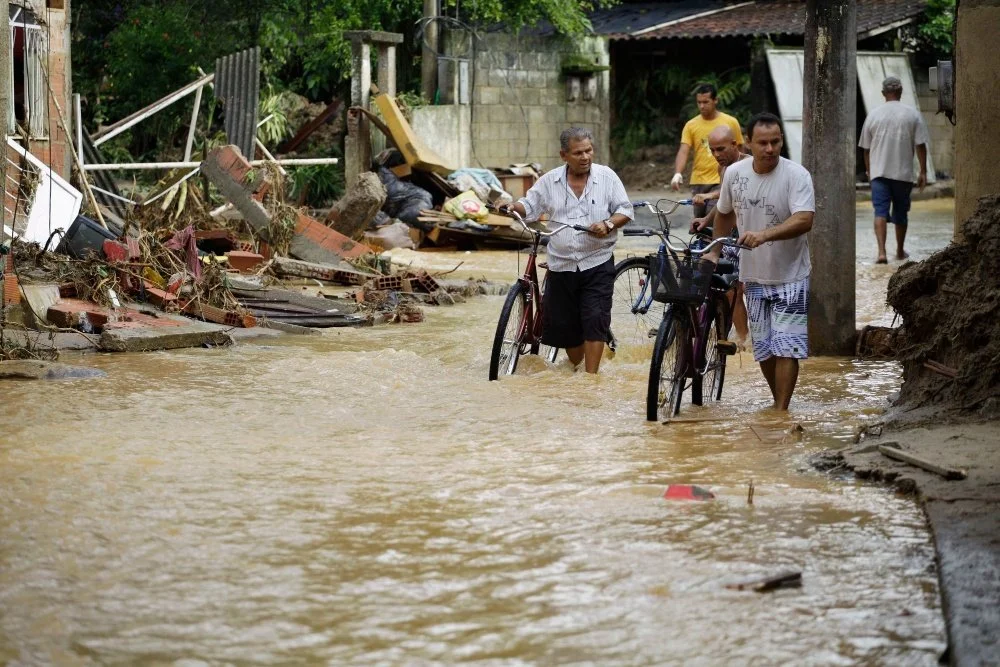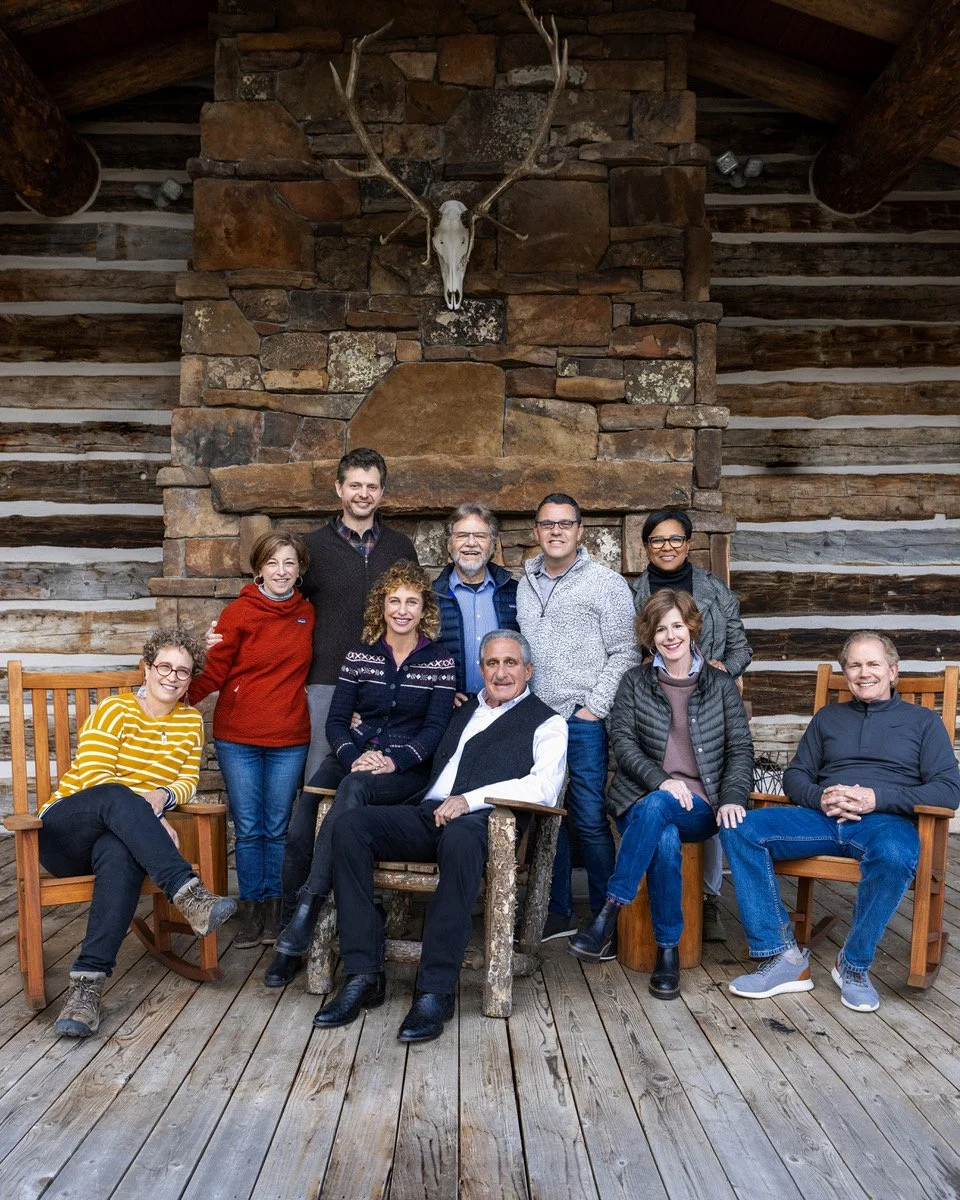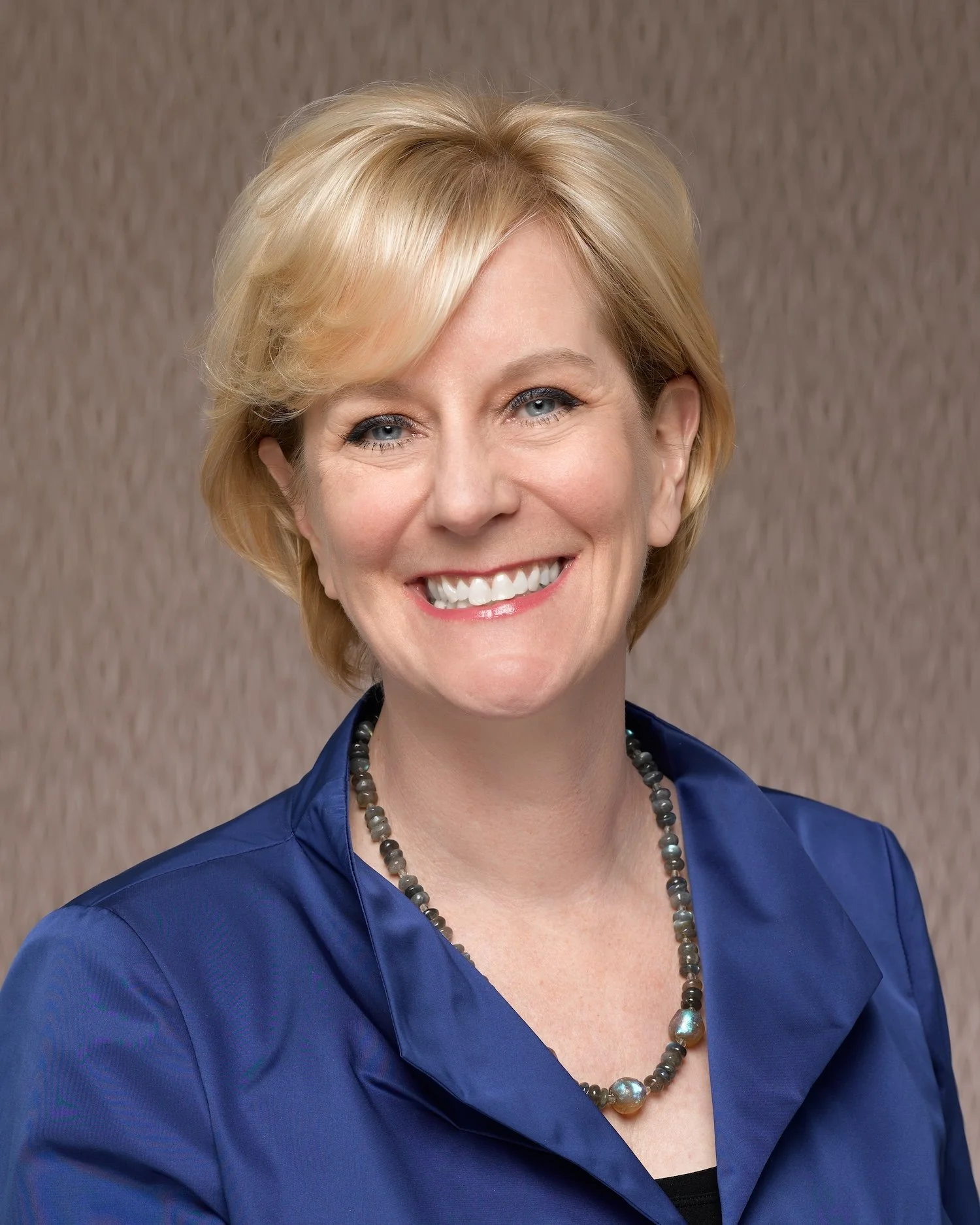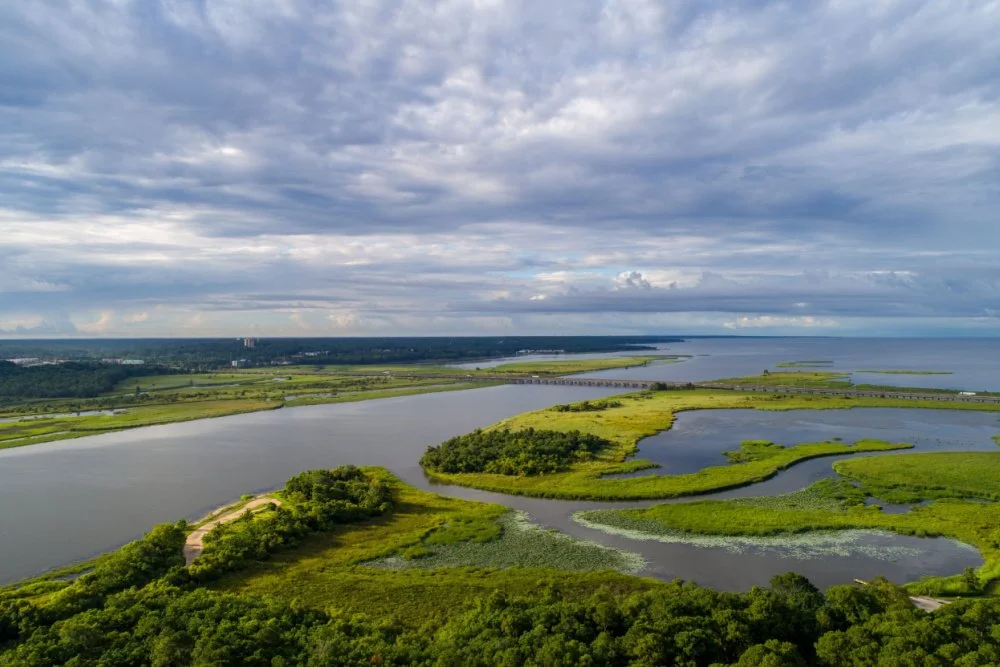No One Solution: A Climate Prize Hopes to Plant Many Seeds
/photo: xuanhuongho/shutterstock
The Keeling Curve Prize is very likely the first prize to be named after a dataset—one of the most recognizable climate data visualizations, tracking atmospheric carbon dioxide concentrations since 1958.
So that should give you a hint that this prize, about to start its second annual open call for proposals, is serious about climate change. In fact, in a crowded field of philanthropic prizes and challenges, it’s one of the few entirely focused on the issue.
While relatively small, the competition has compelling features, mainly the fact that it rewards 10 winners at a time, equally, representing a mix of sectors and solutions. The emphasis on supporting cohorts of teams and ideas is a nice contrast to the American Idol-like tenor of some philanthropic prizes.
Related:
A Prize That Rewards Sustainability Projects With Visionary Flair
Eight Brilliantly Edible Ideas Rise to the Top in New Biomimicry Prize
Spreading bets is important in a field like climate change, a massively complex challenge in which there’s no one solution, sector, or breakthrough that’s going to save us. As the prize frames its approach, “From many seeds, the solutions grow.”
The Keeling Curve Prize launched in 2017, with its first winners announced this year. Based in Aspen, the wealthy ski town that also traffics in ideas, it was founded by Jacquelyn Francis and Michael Klein. You might know Klein as the chair and co-founder of open government outfit the Sunlight Foundation, but he’s also been a donor to causes like the Berkman Klein Center for Internet & Society at Harvard. And he’s involved with a bunch of other nonprofits and businesses, including serving as a trustee of the Aspen Institute. Klein spent about 30 years as a partner at the elite law firm that is now WilmerHale.
The prize currently distributes $250,000 each round, funded solely by Klein, split between 10 winners in five categories. The winners are selected by a team of judges from academia, industry, government and investing, and the selection is guided by two other similarly mixed and impressive councils.
The first round drew 180 applications from 28 countries, and the 2019 challenge is opening a call for applications starting in December, to be capped at 300 entries. The first set of winners are, indeed, quite varied, fitting with the prize’s theme of nurturing a diverse mix of topics, from transportation to social and cultural attitudes.
“[W]e recognize that our duty to draw down emissions and slow global warming requires the success of not just one silver bullet, but of an evolving network of solutions,” the website states. “Without swift implementation of wide-ranging and divergent strategies, we won't decelerate global warming and its consequences.”
So the 2018 awardees include a Seattle-based nonprofit focused on putting a price on carbon, a startup in Kenya providing rural households with solar-charged batteries, a company working in carbon capture for industrial processes, and makers of software to maximize use of renewable energy.
There seems to be a slight preference, in the first round at least, for “social enterprises” or businesses promising social benefits. There’s a bit of a startup accelerator feel to the overall platform, in fact. But the cohort includes nonprofits and a center at Cornell, too.
While the prize money is relatively modest at $25,000 per winner (I realize that won’t seem modest for a startup or small nonprofit), the prize also promises publicity, connections and advice to scale up winning projects.
This approach of backing a mix of solutions and even types of solutions is encouraging for a few reasons. For one, it counters a common trope in philanthropic prizes that I’ve always found troubling—making the “big bet” or showering one person or idea with funds to smash a problem. That’s just not how most complex societal problems get solved, especially the most complex problem of climate change.
As much as we all debate various solutions, a broad range of responses is necessary, and that’s one area where philanthropy can play a big role—backing many angles and helping the ones that are working scale up.
One criticism of climate philanthropy historically is its track record of bunching up around a strategy or type of grantee, and this prize is an example of an initiative working against that tendency. It could be part of a larger trend, too, as those behind the recent combined philanthropic pledge announced at the Global Climate Action Summit emphasized the importance of bringing in new perspectives and approaches instead backing one particular strategy.
Of course, I’ll make my usual call for greater funding of overlooked climate movement building, grassroots organizing, and work happening in vulnerable communities, and hopefully, we’ll see more of that in future rounds. But a climate prize that spreads funding around a diversity of projects is a cool model.
Related:



















